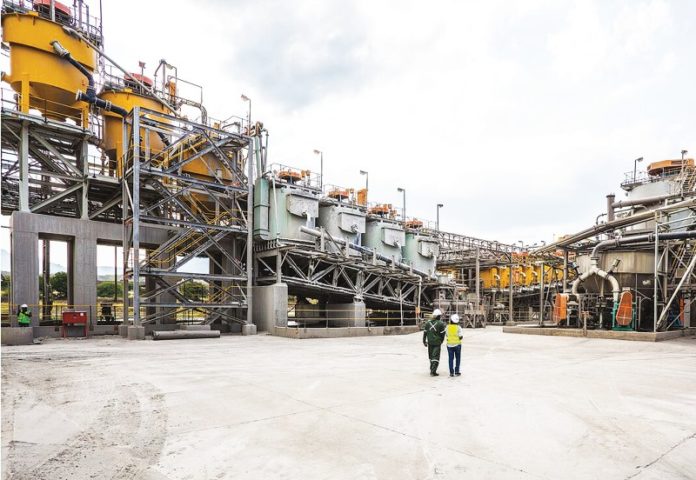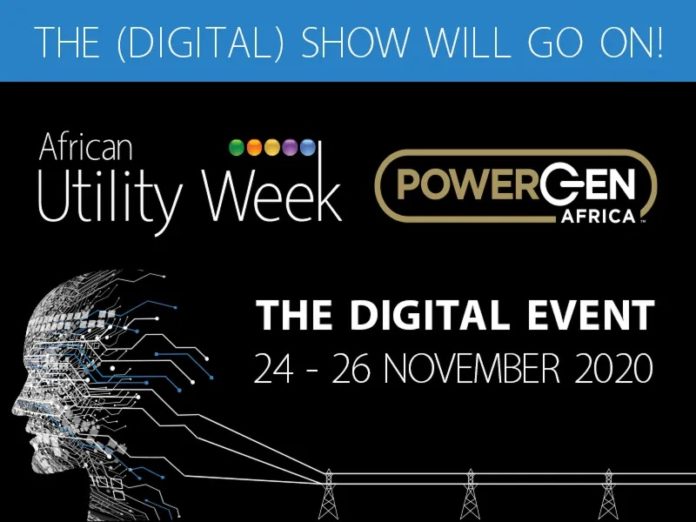Despite the current economic, political and sanitary climate, we are seeing, and expect to continue to see, mergers and acquisitions in Africa’s oil and gas industry, including in particular:
- Deals already agreed before Covid-19/the drop in oil and gas prices;
- Sellers looking to sell to raise money; and
- Buyers with cash/available credit lines looking to leverage opportunities.
Buyers and sellers have been checking the sale and purchase agreements (SPAs) that they have already signed and have been very carefully considering the SPAs that they are about to sign.
Termination provisions
SPAs often include provisions enabling one or other of the parties to terminate the SPA between signing and closing if certain circumstances arise. Generally, the objective of the seller is to achieve as much certainty as possible. Therefore, a seller will only accept very limited rights for the buyer to terminate the SPA before closing. On the other hand, the buyer will generally not want to be bound into a deal that is not as good as was expected when the SPA was signed.
Material adverse change
This enables one or both of the parties to terminate the SPA before closing if something significantly affects the value of the target asset/company. Discussions generally revolve around (i) what kind of event should be covered: political crises in the country, significant damage to the asset, significant fluctuations in oil and gas prices; and (ii) whether there should be some kind of materiality threshold: for example, a decrease of 10 to 25% in the value of the asset.
These kinds of provisions are generally fiercely negotiated and may not be accepted at all. They relate to the asset and not the financial position of the buyer (or the seller) and will generally not relate to the state of the oil and gas industry as a whole (for example a decrease in oil and gas prices – although this may be a point of negotiation).
Material breach of representations and warranties
Representation and warranties generally do not include any kind of comfort concerning oil and gas prices, availability of reserves, production levels or political issues. However, current circumstances might give rise to breaches such as:
- breach of a warranty to ensure that there is no event of default under any of the existing financing arrangements: low oil prices and/or a suspension of production may trigger events of default relating to financial covenants;
- breach of material project contracts (for non-performance, non-payment); and
- the target is unable to pay debts as they fall due.
Price adjustment
For many deals, the price for the asset/company is fixed on a past date (a locked box date or retroactive effective date). In this case, there is a risk of value fluctuations between that date and the date of the actual closing of the deal. This can be significant where oil and gas prices or production have significantly decreased since that date. The parties may still have to close at the original price in these circumstances.
If on the other hand the price is calculated based on the value at the closing date, then the parties may be better protected against any sudden increase or decrease in oil and gas prices or production levels. Deferred price mechanisms based on future performance might also be helpful. Parties may become being more creative with pricing mechanisms in future deals, with both parties looking to mitigate their risks.
 Environmental, Social and Governance issues
Environmental, Social and Governance issues
Before Covid-19 and the oil price collapse, ESG was the key point in the minds of most oil and gas companies and should not be forgotten.
Sellers looking for a clean exit, or buyers looking to avoid having to take on past issues, should negotiate pre- and post-closing indemnities carefully on this basis.
Foreign currency
Some countries have found themselves short of foreign currency, particularly those countries that are dependent on exports of goods (Ethiopia is an example) or oil and gas revenues (such as Nigeria and Angola).
This means that African buyers have struggled to be able to obtain the foreign currency necessary to do deals. It has also meant that foreign investors are concerned about their investments becoming cash trapped in a country.
These issues have arisen on top of the already existing issues around the tightening of regulations in certain regions (like the CEMAC region) concerning the ability to maintain offshore bank accounts.
Partner risk
Many foreign investments in Africa are through joint ventures with local partners and/or with other international investors either for legal reasons or for business reasons, or a combination of both. Many foreign companies are also dependent on local contractors
and suppliers.
Covid-19, combined with the oil and gas crisis, has not only made target companies and projects more fragile but has also made certain investors and contractors, particularly smaller investors and contractors, more fragile. In a company or project where the financial stability of each of the stakeholders is important (for example, an entity requiring shareholder funding or dependent on shareholder services), this can be a real issue. Foreign investors are therefore being increasingly diligent both with new investments and in relation to existing investments.
These circumstances may provide opportunities for larger investors to acquire bigger stakes in companies and projects. However, it may also require them to acquire additional stakes to protect their investments from the financial difficulties of their partners rather than because they wanted a larger stake.

Where local partners or contractors have financial difficulties, international investors may prefer to support them financially rather than buy them out, because it makes legal or business sense to do so.
National sentiment
As African countries are feeling economically more fragile, some will become more protectionist in terms of foreign investments (increasing tax rates, etc). However, this is not universally the case and many countries have realised that they need the support of others either regionally or internationally.
Herbert Smith Freehills is one of the world’s leading global law firms, with 27 offices globally.






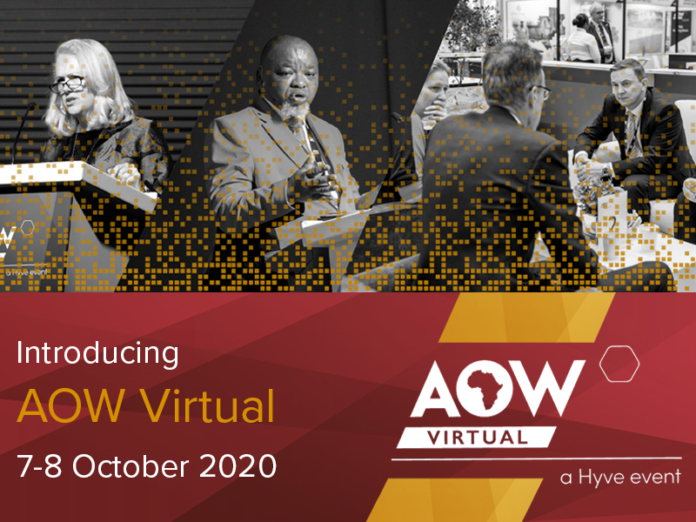

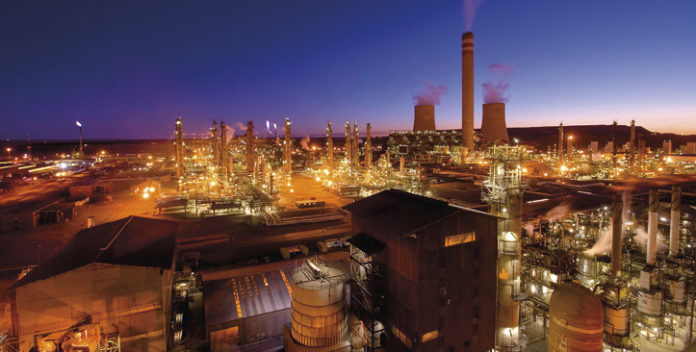

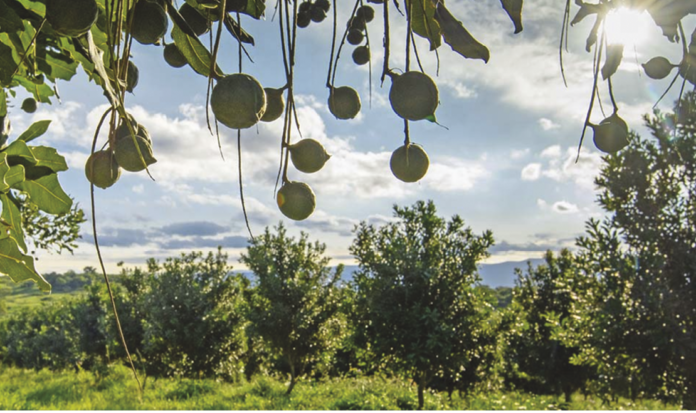


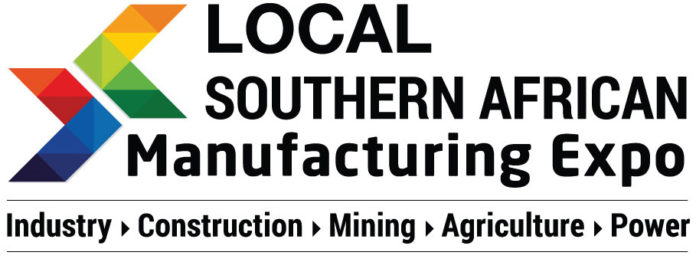

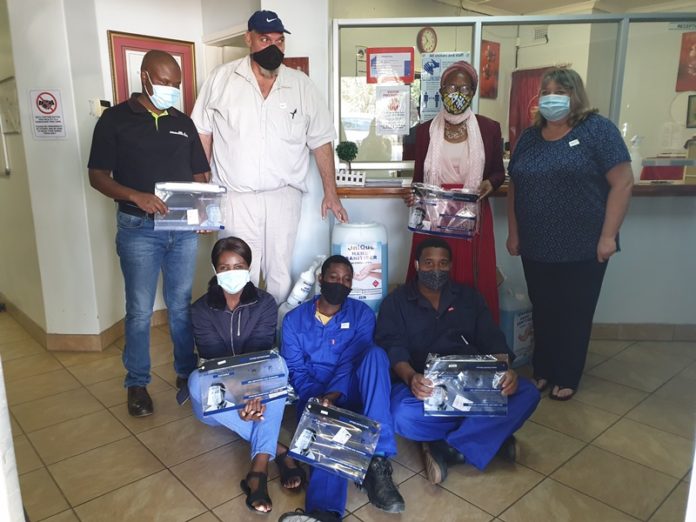


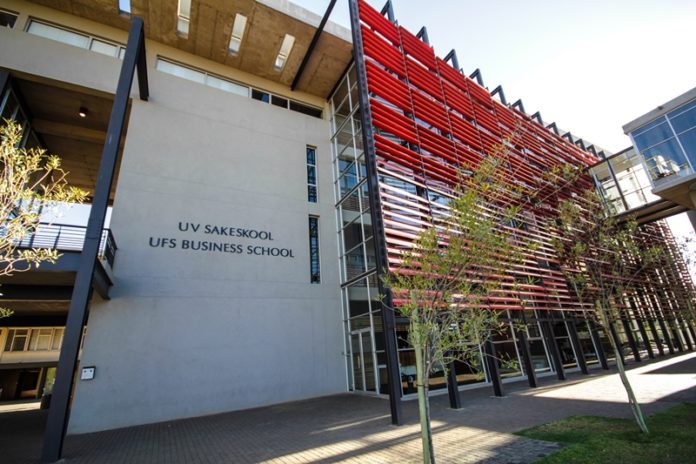
 As managers and leaders, it is essential to observe how our employees and we observe, as we as a collective will influence the results we get.
As managers and leaders, it is essential to observe how our employees and we observe, as we as a collective will influence the results we get.

